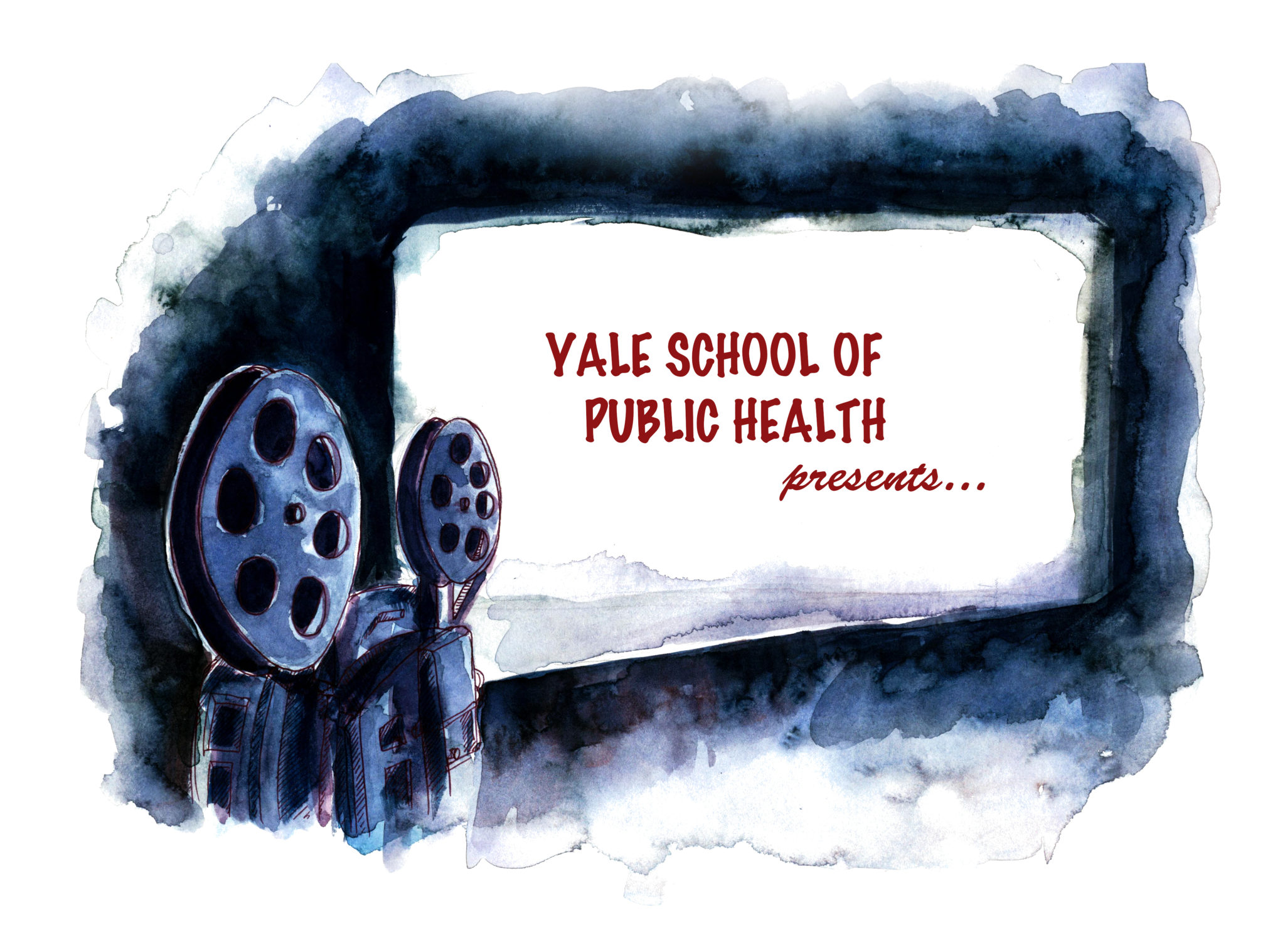
Students at the Yale School of Public Health launched their first film series, a student-run project featuring films that cover topics ranging from breastfeeding to cancer. But difficulties in marketing led to low engagement throughout the series.
The five-day series kicked off last Tuesday with the film “Chocolate Milk,” a documentary about breastfeeding in the black community. The film was followed by a discussion with Elizabeth Bayne SPH ’06, the director of the film. Over the next few days, Yale affiliates and New Haven community members enjoyed a number of poignant and narrative-driven films about public health–related topics, each followed by panel discussions that often featured the film’s producers or director.
The organizers of the series began picking films a few months prior with a focus on showcasing the work of former Yale students and affiliates.
All the films showed portrayed public health issues through a storytelling lens and broke down public health research in a way that was accessible to mass audiences, said Suraj Arshanapally SPH ’18, a co-organizer of the film series.
“It’s a unique way to give some issue that’s kind of voiceless a voice, and, even if it has a voice, a new perspective,” said Rose Sulentic SPH ’18, another of the film series’ co-organizers.
Two of the films from the festival were co-sponsored by the Environmental Film Festival at Yale, which took place Wednesday through Saturday of last week.
The School of Public Health was originally inspired by last year’s EFFY to put on a film series of its own, said Sten Vermund, dean of the School of Public Health. The school hoped that it would be able to replicate some of the dynamism and energy it found at that festival, now a decade-long tradition. “Denial,” a film about LGBT issues and climate change that was showcased this year at the School of Public Health, was part of EFFY’s 2017 lineup.
While Vermund praised the organizers and filmmakers, he acknowledged that attendance was disappointing, adding that the school planned on doing some “serious soul-searching” as to whether a film series would be an effective project to undertake in the future. The organizers both echoed those sentiments, stating that marketing the series proved to be their biggest challenge. According to the organizers, each film drew about 20–40 people.
Vermund characterized the film series as part of an effort by the School of Public Health to reach out to both the Yale and New Haven communities in new and innovative ways. Many of the problems in communicating public health research to a wider audience are “compelling,” he added.
“We have a lot of false news, about everything from vaccines to climate change,” Vermund said. “It’s really an obligation that we have to communicate our findings to a broader constituency, and sometimes film is a vital tool for that communication.”
Nitza Jimenez attended a screening of the film “The C Word,” a documentary about the connection between lifestyle behaviors and cancer. After watching the film, she said she felt inspired to download an application that would inform her about products that contain carcinogens. Jimenez’s wife, nurse and cancer survivor Beth Messler, told the News that the film covered many of the important lifestyle changes that she herself advocates.
“Change is slow. It’s based on awareness, and you’ve got to have some sort of initiative, and what promotes that is different for everybody,” Messler said. “I tell everyone that getting cancer was the best thing that ever happened to me, and people look at me like I’m nuts. But it’s true — it woke me up.”
According to the World Health Organization, only 40 percent of infants under six months of age are exclusively breastfed.
Maya Chandra | maya.chandra@yale.edu







